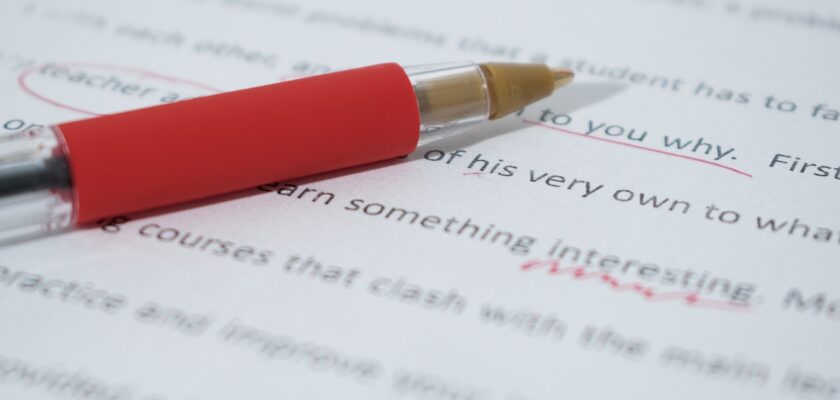Grammar is the backbone of any language, providing structure and coherence to our written and spoken words. However, even the most proficient writers occasionally stumble upon grammar errors and punctuation problems. In this article, we will delve into the significance of proper grammar and punctuation, explore common mistakes, and offer practical tips to avoid them. By honing your skills in these areas, you can elevate your writing and communicate effectively.

What is a Grammar Error in English?
Grammar errors refer to mistakes made when applying the rules and conventions of the English language. These errors can manifest in various ways, such as incorrect verb tense, subject-verb agreement, pronoun usage, and sentence structure. When grammar errors occur, they can undermine the clarity and accuracy of our message.
How to Avoid Punctuation Errors
- Master the Basic Rules: Familiarize yourself with the fundamental punctuation marks, such as commas, periods, semicolons, colons, and apostrophes. Understand their usage and placement within sentences.
- Proofread Diligently: After completing your written piece, take the time to carefully proofread it. Pay particular attention to punctuation marks, ensuring they are correctly employed.
- Seek Feedback: Ask a trusted friend, colleague, or editor to review your work. Fresh eyes can often spot punctuation errors that you may have missed.
- Consult Grammar Resources: Refer to reputable grammar resources, style guides, or online grammar tools to clarify any uncertainties regarding punctuation usage.
The Importance of Punctuation in Grammar
Punctuation plays a crucial role in conveying meaning, adding clarity, and guiding the flow of our writing. It helps to differentiate between various sentence components, such as introducing pauses, indicating questions or exclamations, and denoting quotations. Proper punctuation enhances readability and prevents misunderstandings.
The Most Common Grammatical Mistake
One of the most common grammatical mistakes is subject-verb agreement. This occurs when the subject of a sentence and its corresponding verb do not match in terms of number (singular or plural). For example, saying “The cat eats” instead of “The cat eat” would be an instance of subject-verb disagreement.

Examples of Grammatical Errors
- Misplaced modifiers: “Running quickly, the ball was caught by Sarah.” (Correction: “Running quickly, Sarah caught the ball.”)
- Incorrect pronoun usage: “Everyone should bring their own book.” (Correction: “Everyone should bring his or her own book.”)
- Lack of parallel structure: “She likes to swim, hiking, and playing tennis.” (Correction: “She likes to swim, hike, and play tennis.”)
An Example of a Punctuation Mistake
Using a comma splice is a common punctuation mistake. It occurs when two independent clauses are mistakenly joined together with only a comma. For instance, “I love writing, it allows me to express my creativity.” (Correction: “I love writing; it allows me to express my creativity.”)
Why Punctuation Matters
Punctuation marks act as signposts in our writing, directing readers on how to interpret our words. The omission or incorrect use of punctuation can lead to confusion, ambiguity, and misinterpretation. By employing proper punctuation, we ensure that our thoughts and ideas are accurately conveyed, fostering effective communication.
Conclusion
Grammar errors and punctuation problems can hinder the effectiveness of our writing. By understanding the nuances of grammar rules, diligently proofreading our work, and seeking feedback, we can minimize these errors. Proper punctuation enhances clarity and ensures that our intended message is conveyed accurately. With practice and attention to detail, we can refine our writing skills and communicate with confidence.

